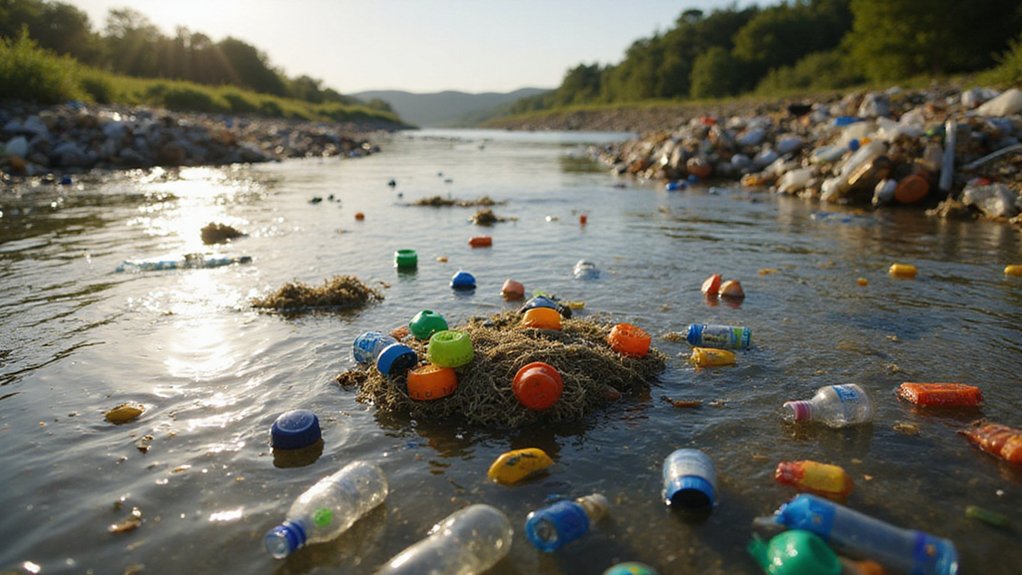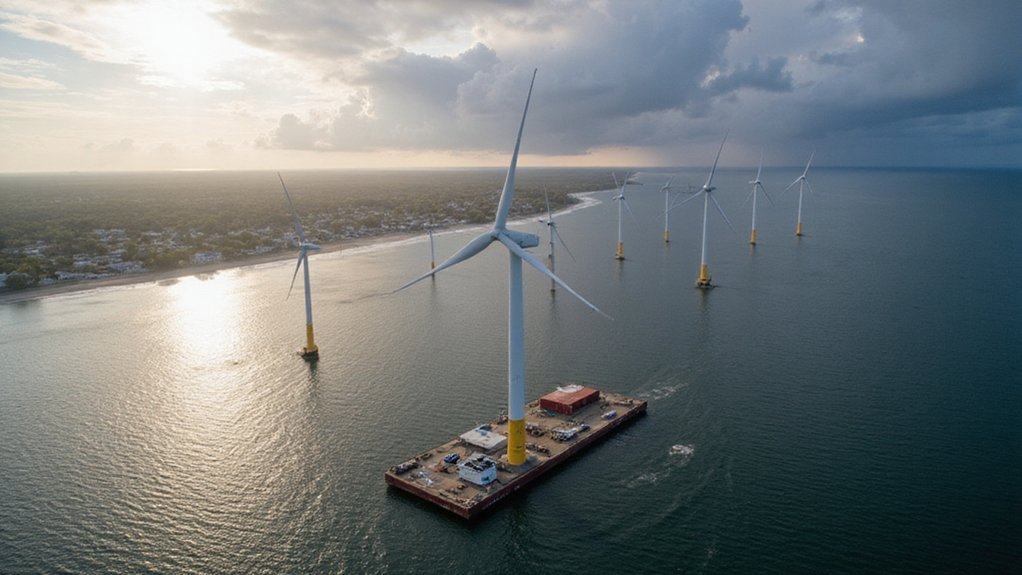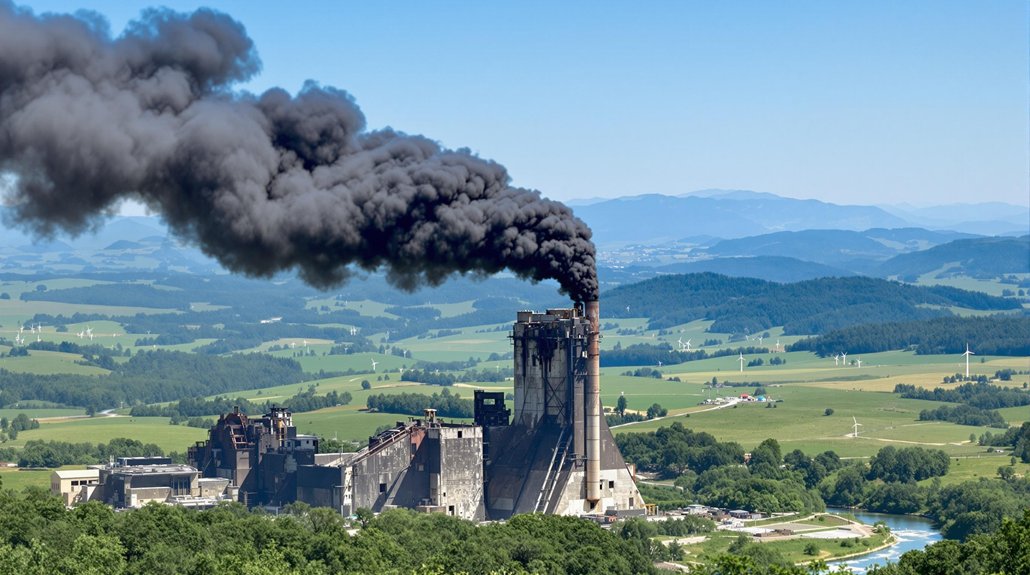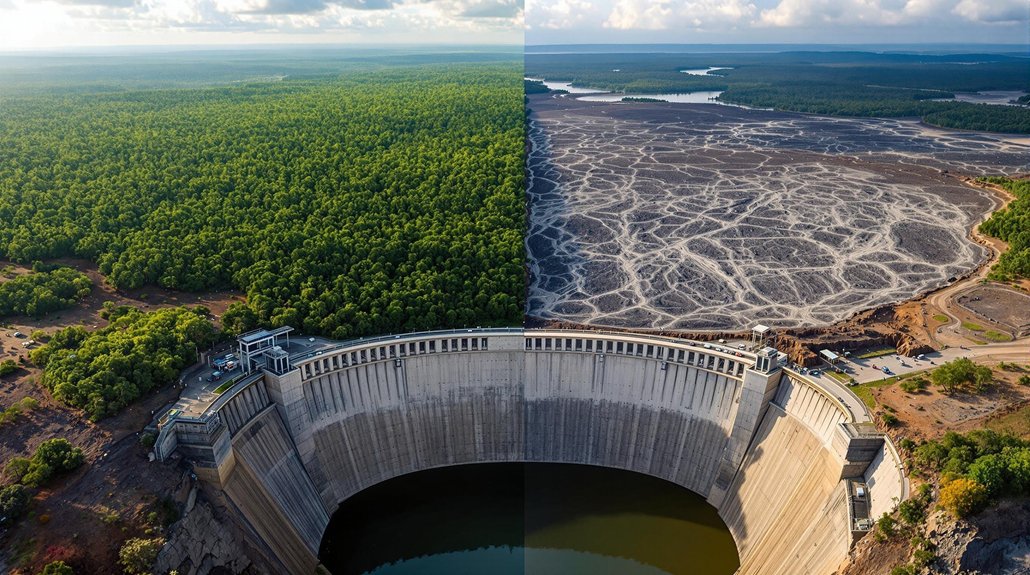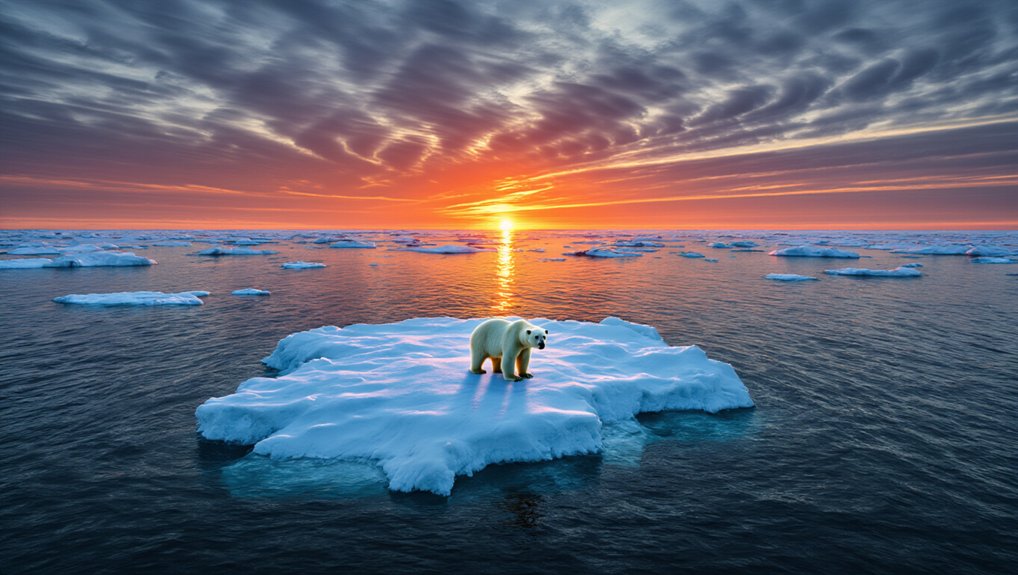Plastic waste chokes the world’s rivers, making up about 66% of all pollution flowing into our oceans. Scientists estimate that between 75 and 199 million tonnes of plastic currently pollute marine environments worldwide. Each year, rivers transport an additional 8 to 10 million metric tons of new plastic waste to the seas.
About 1,000 major rivers account for nearly 80% of this annual plastic flow. Ten rivers alone contribute up to 90% of river-sourced marine plastics. Eight of these rivers are in Asia, including the Hai He River which dumps over 91,000 tons annually. The other two major contributors are in Africa, with the Nile River releasing nearly 85,000 tons of plastic waste yearly.
“What we see floating on the surface is only a small fraction of the problem,” says marine biologist Dr. Sarah Chen. “Most plastic either sinks or breaks down into smaller pieces called microplastics.” These tiny fragments have been found in drinking water and food chains. The average person now consumes about 211,000 microplastic particles annually.
The consequences for marine life are severe. Five massive garbage patches now drift in the world’s oceans, constantly fed by river outflows. Wildlife faces entanglement, ingestion dangers, and habitat destruction. Over 100 million marine animals die annually from plastic waste that enters their habitats. If current trends continue, by 2050, there could be more plastic than fish in the oceans by weight.
Since 1950, humans have produced 9.5 billion metric tons of plastic, with up to 7 billion tons becoming waste. Single-use items account for about half of all plastic produced today. The Great Pacific Garbage Patch alone contains 1.8 trillion pieces of plastic and covers an area twice the size of Texas. Natural disasters like North Atlantic hurricanes significantly worsen the crisis by redistributing microplastics and increasing the deposition of ocean-sourced debris across vast areas.
Despite increasing awareness, only 30% of corporations are meeting their plastic reduction goals for 2025. With 33 billion pounds of plastic entering marine systems annually—equivalent to more than 60 dump trucks every minute—rivers remain the primary pathway for this growing global crisis.
References
- https://www.4ocean.com/blogs/notebook/the-state-of-the-ocean-plastic-crisis-2025
- https://www.condorferries.co.uk/marine-ocean-pollution-statistics-facts
- https://news.ucsb.edu/2025/021966/how-plastic-pollution-flows-rivers-oceans-and-how-stop-it
- https://thesustainableagency.com/blog/environmental-impact-of-plastic-pollution/
- https://www.rts.com/blog/plastic-pollution-in-the-ocean-facts-and-statistics/
